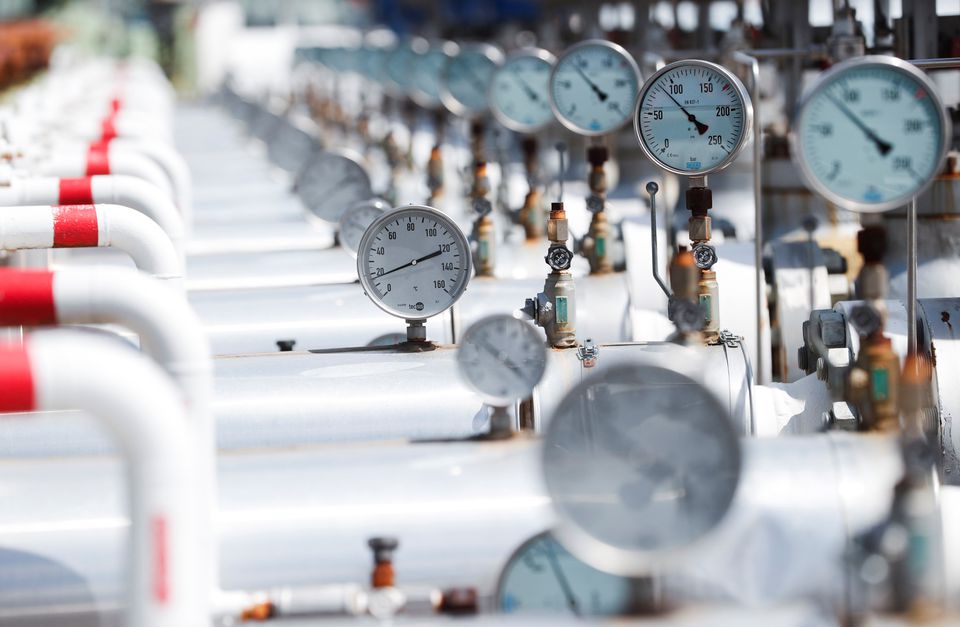
Hungary will not agree to an EU price cap on imported gas because it would end Russian deliveries, a senior aide to Prime Minister Viktor Orban said, adding that if the EU decides on a cap it would have to exempt Hungary, as it did for oil.
European Union leaders are discussing the idea of a price cap on imported gas, including Russian gas, with at least 15 countries from the 27-nation bloc pushing for such a price limit to curb energy prices and record consumer inflation.
But several EU countries including Germany are sceptical, wary that a price cap would distort price signals from the market and lead to higher consumption. It could also jeopardise security of supply as sellers may not agree to deliver at a price set by an EU-government cartel.
"It will simply not work. The outcome will be that we will have less gas in Europe, at a higher price, contradicting the original purpose," Balazs Orban, political director for the Hungarian prime minister, told Reuters in an interview.
"For Hungary this is not acceptable because the Russians already said very clearly that if it happens they will not send any more gas to Hungary, which from an energy security perspective would be unacceptable to us," he said.
"So if the European Union makes a decision that they want to have a price cap, there would have to be a special model or exception for Hungary, like what happened with oil," Orban said.
Landlocked and heavily dependent on Russian crude deliveries via pipeline, Hungary secured an exemption in June when the rest of the EU agreed to stop buying Russian oil from December.
Hungary is already battling economic headwinds as its forint currency has tumbled to all-time lows against the euro on the Hungarian central bank's decision in September not to continue raising interest rates despite inflation hitting 20%.
Orban said the September central bank decision, reversed under pressure from markets on Oct 17 when it ramped up interest rates, was its independent decision, and that the government had full confidence in central bank Governor Gyorgy Matolcsy.
The Hungarian currency is also under pressure because last month the European Commission recommended suspending funds worth 7.5 billion euros ($7.29 billion) over what it sees as Hungary's failure to combat corruption and uphold the rule of law.
Orban said he was optimistic Budapest would resolve the issue with the Commission by mid-November.
"I think that by mid-November we will fulfil all the requirements of the Commission and I hope we will get the green light," he said.